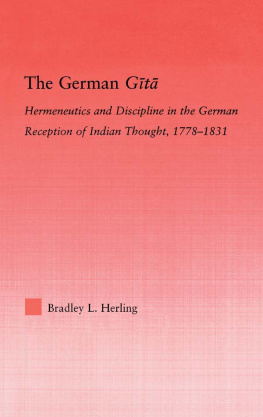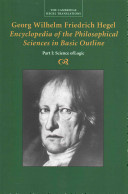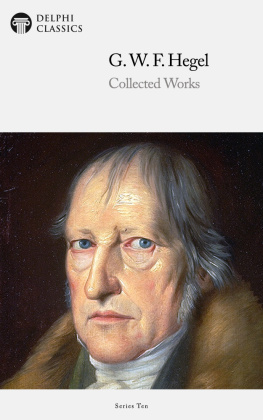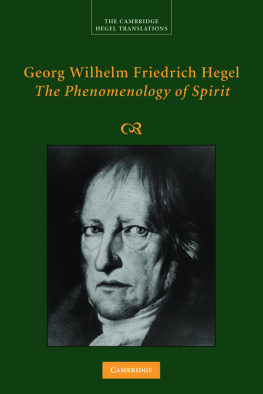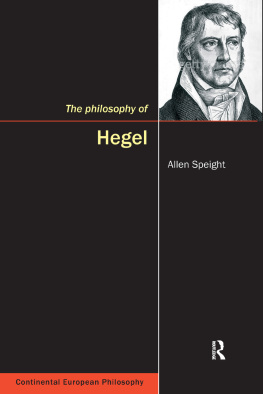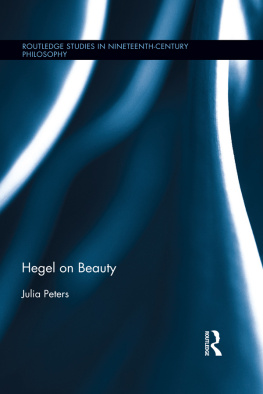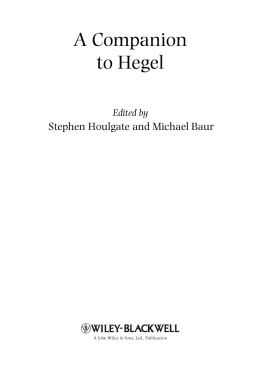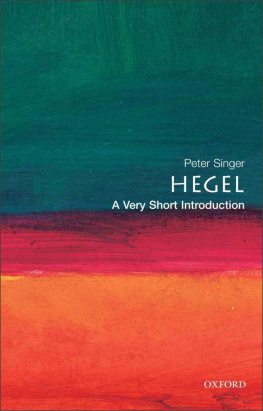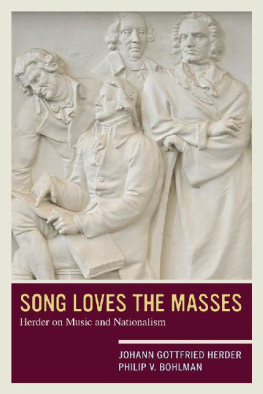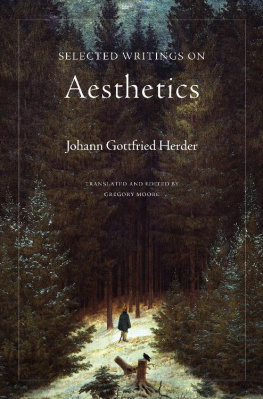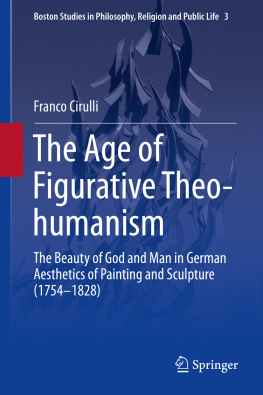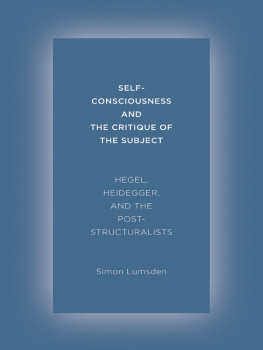STUDIES IN PHILOSOPHY
Edited by
Robert Bernasconi
University of Memphis
A ROUTLEDGE SERIES
STUDIES IN PHILOSOPHY
ROBERT BERNASCONI, General Editor
THE RELEVANCE OF PHENOMENOLOGY TO
THE PHILOSOPHY OF LANGUAGE AND MIND
Sean D. Kelly
BETWEEN DEFLATIONISM AND
CORRESPONDENCE THEORY
Matthew McGrath
RISK, AMBIGUITY, AND DECISION
Daniel Ellsberg
THE EXPLANATIONIST DEFENSE OF
SCIENTIFIC REALISM
Dorit A. Ganson
NEW THOUGHTS ABOUT OLD THINGS
Krista Lawlor
ESSAYS ON SYMMETRY
Jenann Ismael
DESCARTES' METAPHYSICAL REASONING
Roger Florka
ESSAYS ON LINGUISTIC CONTEXT
SENSITIVITY AND ITS PHILOSOPHICAL
SIGNIFICANCE
Steven Gross
NAMES AND NATURE IN PLATO'S CRATYLUS
Rachel Barney
REALITY AND IMPENETRABILITY IN KANT'S
PHILOSOPHY OF NATURE
Daniel Warren
FREGE AND THE LOGIC OF SENSE AND
REFERENCE
Kevin C. Klement
TOPICS IN THE PHILOSOPHY OF POSSIBLE
WORLDS
Daniel Patrick Nolan
UNDERSTANDING THE MANY
Byeong-uk Yi
ANTHROPIC BIAS
Observation Selection Effects
Nick Bostrom
THE BEAUTIFUL SHAPE OF THE GOOD
Platonic and Pythagorean Themes in Kant's
Critique of the Power of Judgment
Mihaela C. Fistioc
MATHEMATICS IN KANT'S CRITICAL
PHILOSOPHY
Reflections on Mathematical Practice
Lisa Shabel
REFERENTIAL OPACITY AND MODAL LOGIC
Dagfinn Fllesdal
EMMANUEL LEVINAS
Ethics, Justice, and the Human beyond Being
Elisabeth Louise Thomas
THE CONSTITUTION OF CONSCIOUSNESS
A Study in Analytic Phenomenology
Wolfgang Huemer
DIALECTICS OF THE BODY
Corporeality in the Philosophy of T.W. Adorno
Lisa Yun Lee
ART AS ABSTRACT MACHINE
Ontology and Aesthetics in Deleuze and
Guattari
Stephen Zepke
THE GERMAN GT
Hermeneutics and Discipline in the German
Reception of Indian Thought, 17781831
Bradley L. Herling
THE GERMAN GT
Hermeneutics and Discipline in the German
Reception of Indian Thought, 17781831
Bradley L. Herling
Routledge
New York & London
Published 2006 by
Routledge
Taylor & Francis Group
270 Madison Avenue
New York, NY 10016 | Published in Great Britain by
Routledge
Taylor & Francis Group
2 Park Square
Milton Park, Abingdon
Oxon OX14 4RN |
2006 by Taylor & Francis Group, LLC
Routledge is an imprint of Taylor & Francis Group
10 9 8 7 6 5 4 3 2 1
International Standard Book Number-10: 0-415-97616-2 (Hardcover)
International Standard Book Number-13: 978-0-415-97616-9 (Hardcover)
Library of Congress Card Number 2005024334
No part of this book may be reprinted, reproduced, transmitted, or utilized in any form by any electronic, mechanical, or other means, now known or hereafter invented, including photocopying, microfilming, and recording, or in any information storage or retrieval system, without written permission from the publishers.
Trademark Notice: Product or corporate names may be trademarks or registered trademarks, and are used only for identification and explanation without intent to infringe.
Library of Congress Cataloging-in-Publication Data
Herling, Bradley L., 1969
The German Gt: hermeneutics and discipline in the German reception of Indian thought, 17781831 / by Bradley L. Herling.
p. cm. -- (Studies in philosophy)
Includes bibliographical references and index.
ISBN 0-415-97616-2 (alk. paper)
1. Philosophy, German--18th century. 2. Philosophy, German--19th century. 3. Bhagavadgt-- Influence--Germany. I. Title. II. Studies in philosophy (New York, N.Y.)
B2748.B43H47 2005
294.5'9240460943--dc22 |
2005024334 |
 | Visit the Taylor & Francis Web site at
http://www.taylorandfrancis.com |
and the Routledge Web site at
http://www.routledge-ny.com |
Contents
LOCATING THE TEXTUAL HERO
On the surface, this study tells a simple story: in an enthusiastic time of uncertainty and promise, a stranger with an illustrious history arrived in an exotic foreign locale and was welcomed by some and resisted by others. Misunderstanding was always a danger, but this wandering hero eventually achieved fameand a new set of adventures began.
This main plotline is elemental, but the twists and turns of detailed sub-plots provide much of the interest in this kind of epic tale. In the story told here, the deepest truths often appeared in the way natives of the far-flung land questioned (and showed they were questioned by) the mysterious stranger, and these striking episodes are found in writings that later observers have consigned to relative obscurity.
The heroic wanderer, in the case taken up in this project, was the Bhagavadgt, a text that has become one of the most prominent and well known expressions of Hindu thought and belief. The foreign land that the Gt encountered was Germany, where it appeared originally in the waning years of the eighteenth century and eventually drew the attention and interest of some of the most prominent intellectuals of the time, including Johann Gottfried Herder, Friedrich Schlegel, August Wilhelm Schlegel, Wilhelm von Humboldt, and Georg Wilhelm Friedrich Hegel. Given the prominence of these figures in the Western intellectual tradition, a detailed examination of their encounter with the Gt offers a response to the question that has guided this project: how was this Indian text first constituted as an object of Western knowledge?
Answering this question with specific regard to the German context has significant implications for understanding the way that comparative, cross-cultural inquiry became part of the European episteme during the modern era. As this book will show, the Gt arrived in Germany during a period in which fundamental debates that still resonate today embroiled its intellectual community. In the wake of the Enlightenment, German Romantics and Idealists sought higher ground for their inquiries with an eye towards both cultural renewal and the philosophical absolute. An unprecedented impulse towards cross-cultural knowledge was a crucial part of these efforts, and the German intellectual circle invited the Gt into the structures of Western knowledge as a part of this new imperative. As acquaintance with other cultures grew, enthusiasm for them was paired with and eventually channeled through academic disciplines within the nascent human sciences. The reception of the Gt played a crucial role in these developments, taking its place in a moment that would give rise to the philological apprehension of Indian sources (Indology), to the technical, scientific study of language (comparative linguistics), and later, to the academic investigation of mythology and scripture (the study of religion). All the while, philosophy was both witness to and participant in these developments, and the reception of the Gt therefore made an impact on its post-Kantian manifestations. Hence this study opens the foundations of several disciplines in the human sciences to scrutiny, while it also makes a contribution to the history of philosophy.
The investigation of this topic has inherent historical interest for those working in a variety of contemporary fields, but history also serves the present. The origin under investigation here has no power in and of itself to explain or to proscribe in contemporary efforts in the many fields that it implicates, but persistent attention to the history of European comparativism
Next page
